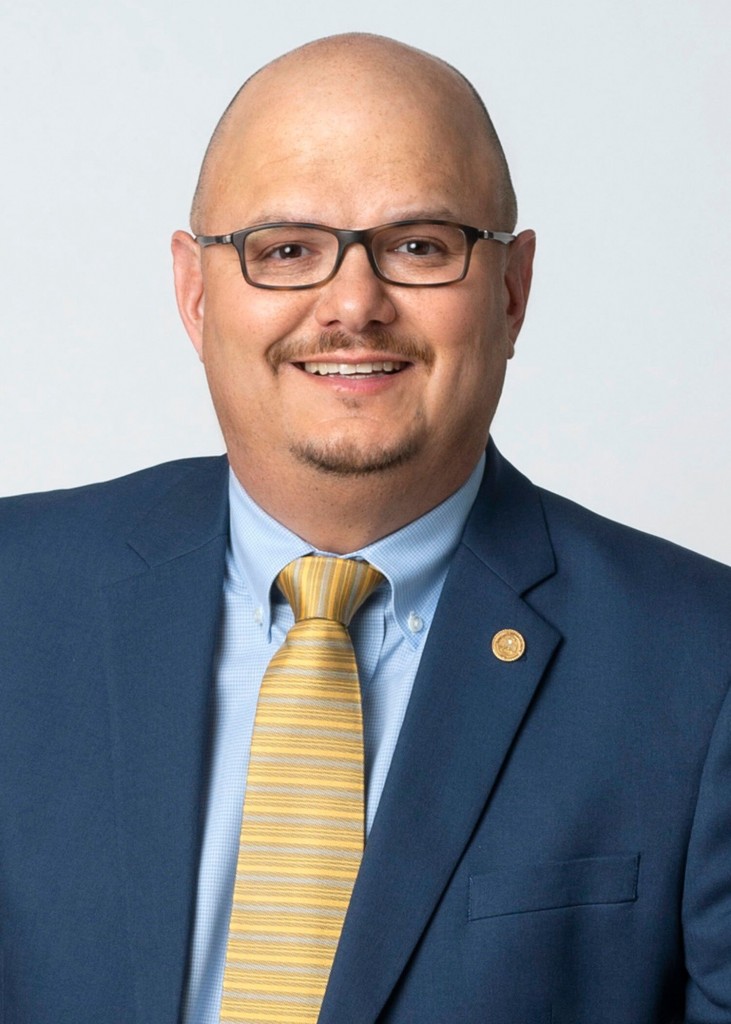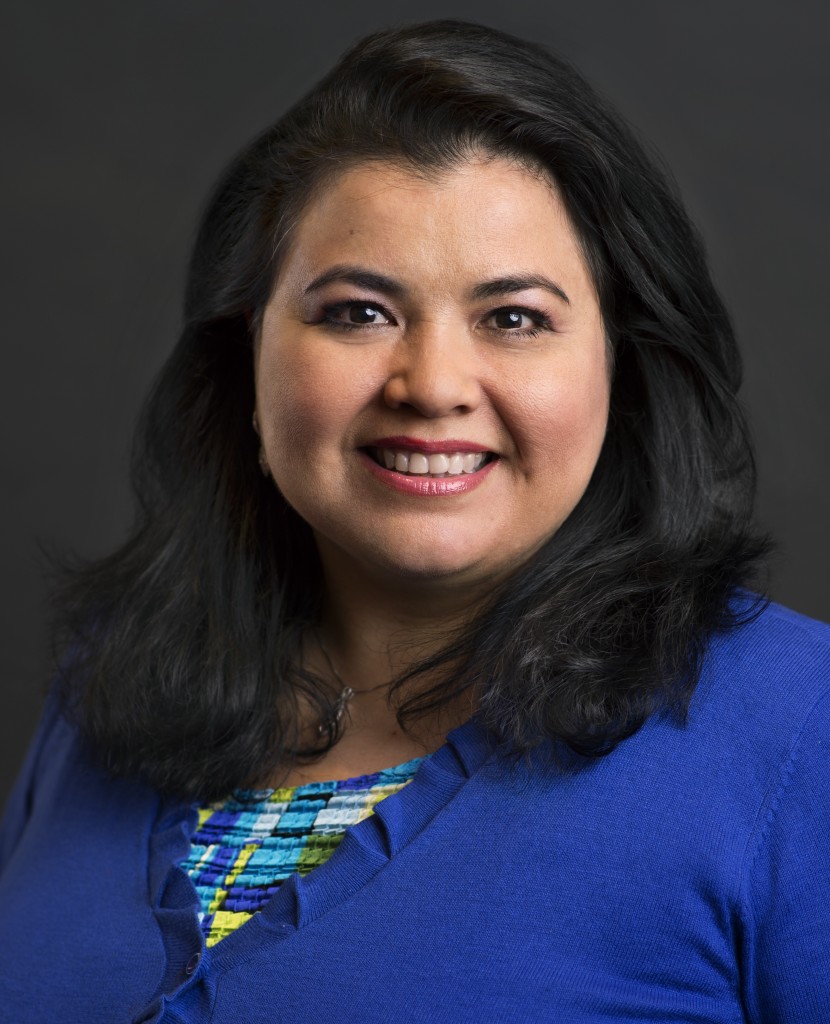
Making Equity an Action at San Antonio College
San Antonio College (SAC) was recently named one of the 2020 Most Promising Places to Work in Community Colleges (MPPWCC) by NISOD and Diverse: Issues in Higher Education. The commitment to equity that earned them this recognition is embodied by their Director of Student Success for Equity, Diversity, and Inclusive Excellence, Mona Aldana-Ramirez. A SAC alumna herself, Aldana-Ramirez spent the past 18 years working toward a more equitable future for SAC students and employees. “Equity is no longer something that can be qualified as an interest,” she says. “It has to be an action, it has to be a strategic goal.”

“The MPPWCC recognition validates our commitment to providing an institutional culture deeply rooted in diversity, inclusion, and equity.” –Dr. Robert Vela, President, San Antonio College
SAC has always been a beacon within its urban community, offering no-cost tuition to local high school students, students who attend what SAC president Dr. Robert Vela calls their “backyard schools.” Of SAC’s approximately 20,000 students, 33 percent are Pell Grant recipients, nine percent are veterans, 80 percent are enrolled part-time, 60 percent are female, and 62 percent are Latinx. SAC employees are also diverse, especially at the administrative level.
Aldana-Ramirez first came to SAC as a first-generation student, an experience that shaped her drive to work toward equity today. “I know what it’s like to enter into higher education not knowing anyone or understanding the system,” she says. After graduating, Aldana-Ramirez went on to a four-year university and eventually worked for NASA’s Urban and Rural Community Enrichment Program, providing professional development workshops for educators in underserved and under-resourced communities. When her family relocated to Texas, she decided to return to SAC so she could take her skillset where it was needed most. “It is a complete privilege that I have been able to be successful and give back to my students and community by building programs that are equitable.”
As the Director of Student Success for Equity, Diversity, and Inclusive Excellence, Aldana-Ramirez spearheads a three-year action plan that involves training, spreading awareness, and conducting a landscape analysis on what equity means for the college. All employees have been invited to take part in equity training, implicit bias training, and small group workshops to learn inclusive practices. “People shy away from terms like equity and diversity because they don’t want to be called out as racist or offend someone. These conversations require a lot of listening, understanding, and building trust. Our job is to create spaces where employees can have these conversations and not feel judged.”

“The national tone of educational institutions and organizations is moving toward equitable outcomes, and institutions like SAC are digging deep when it comes to equity.” –Mona Aldana -Ramirez, Director of Student Success for Equity, Diversity and Inclusive Excellence, San Antonio College
SAC has also launched an equity in hiring training that includes best practices for writing job descriptions, challenging ingrained ideas about job candidate qualities such as “merit” and “fit,” and providing hiring committees with tools and strategies for accountability. Dr. Vela also interviews every full-time hire to ensure that they fulfill SAC’s vision for an equitable and inclusive future.
In the face of the COVID-19 pandemic, SAC is continuing its focus on equity and student success. All tuition balances have been cleared to allow students to complete their classes without the stress of tuition payments. Students enrolled in the spring semester will also be able to take nine free courses in the summer semester. “When we see our students transcend the unthinkable, and when our practices and support services are rooted in equity, our students win,” says Aldana-Ramirez.
Now more than ever, colleges need to think critically about their commitment to equity and initiate difficult conversations about what they can be doing better, Dr. Vela says. “You must have open and honest dialogue on intentionality to target those things that matter. Most of all, center the dialogue on the institution’s vision for equity and inclusion.”
The 2020 Most Promising Places to Work in Community Colleges award reflects SAC’s mission to serve and educate its diverse community. “This NISOD MPPWCC designation will help spread the message that we aim to attract talent who can help advance our equity goals,” says Dr. Vela.
Aldana-Ramirez agrees. “One of the messages we want to emphasize is that we are an equity-minded institution, and we want to attract students and employees who have the same vision, the same hope. NISOD is helping us amplify that message.”

